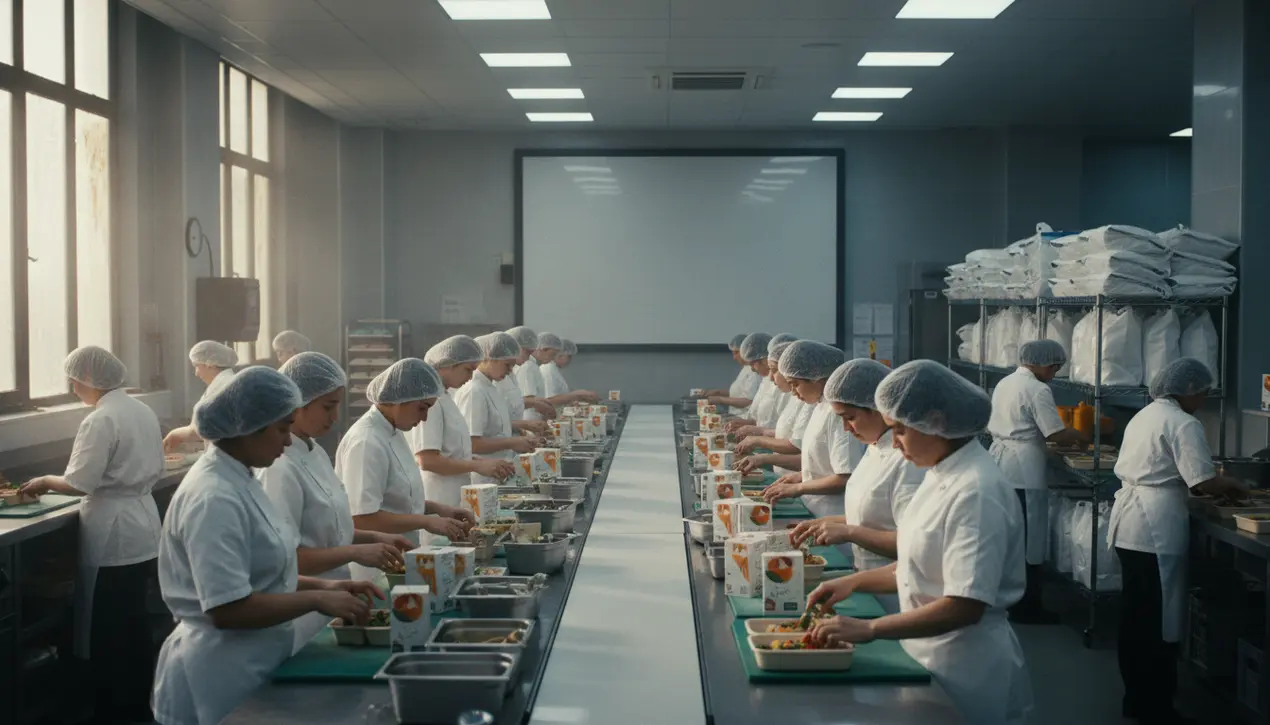
Otherfood & diningFood Industry News
How my meal delivery company beat the odds to get to profitability
ET
Ethan Brown
3 hours ago7 min read1 comments
In early 2022, my meal delivery startup Tovala embarked on what should have been a triumphant $100 million venture capital raise. We were firing on all cylinders—$110 million in revenue, growth exceeding 100% year-over-year, and customer retention rates that dwarfed industry standards by three to four times.With low market awareness, ample room for product innovation, and a seemingly clear trajectory toward an IPO, we were the picture of a modern tech darling. Then reality intervened.The outbreak of war in Ukraine sent capital markets into a tailspin, and suddenly, fast-growing but unprofitable consumer businesses became pariahs overnight. We managed to secure $32 million—a substantial sum by most measures, yet it felt like a profound failure at the time.What we didn't realize was that this perceived setback would become our greatest strategic advantage, forcing a fundamental operational transformation that venture capitalist Marc Andreessen might describe as the necessary 'default alive' mentality every startup eventually faces. This capital crunch compelled us to abandon the 'growth at all costs' dogma that had dominated Silicon Valley for years, mirroring the broader market shift where investors began demanding path-to-profitability alongside expansion metrics.Where we previously burned $26 million annually in pursuit of scale, we now implemented what I call 'fiscal fitness'—a comprehensive cultural and operational overhaul that began with transparent communication about our new profitability mandate at every all-hands meeting. We celebrated marginal wins like reducing AWS fees with the same enthusiasm as major product launches, creating what Harvard Business School professor Clayton Christensen would recognize as a culture of continuous improvement.Our hiring became exceptionally disciplined, our performance management more rigorous, and our P&L scrutiny so intense that we discovered significant leverage in pricing strategy and marketing efficiency while simultaneously renegotiating countless vendor contracts. The most surprising revelation wasn't our team's execution capability—which was impressive—but the transformative power of singular focus.We discovered that attempting to prioritize explosive growth while simultaneously eliminating waste created competing priorities that undermined both objectives, a lesson that echoes throughout business history from Henry Ford's production innovations to Toyota's legendary lean manufacturing system. This disciplined approach has yielded remarkable results: we haven't raised additional capital since that $32 million round, we've maintained profitability for two consecutive years, and we've built an organizational culture that seamlessly balances sustainable growth with financial health—a rare achievement in the meal delivery sector where countless competitors have flamed out despite massive funding. Our journey offers a compelling case study for startups navigating the current economic landscape, demonstrating that sometimes the greatest opportunities emerge not from abundant capital but from constrained resources that force innovation, focus, and operational excellence.
#meal delivery
#profitability
#venture capital
#startup growth
#cost efficiency
#business strategy
#featured
Stay Informed. Act Smarter.
Get weekly highlights, major headlines, and expert insights — then put your knowledge to work in our live prediction markets.
Comments
Loading comments...
© 2025 Outpoll Service LTD. All rights reserved.